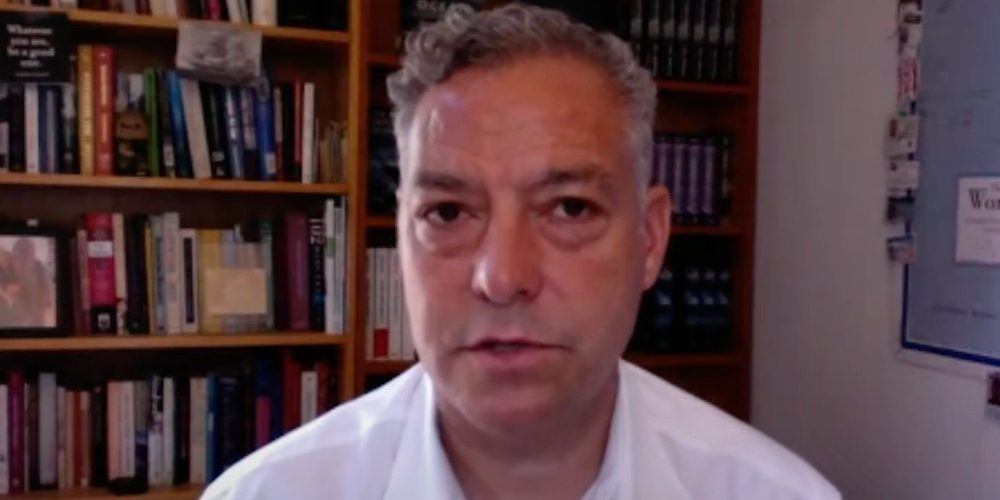Journalist denies “scamming” musicians in Outlaw Oceans Music Project
Journalist Ian Urbina has apologised to more than 450 artists participating in The Outlaw Ocean Music Project, but denies “scamming” them.
The project was launched in 2020 and invites producers to write music inspired by Urbina’s journalism series and subsequent book, The Outlaw Ocean, that chronicles lawlessness at sea around the world.
Musicians could use the library of sounds collected by Urbina over the course of his reporting (everything from “rhythmic sounds like machine-gun fire off the coast of Somalia” to “chanting captive deckhands on the South China Sea,” according to the website) as well as spoken word passages from his articles.
Over 450 musicians have so far contributed to the project that “sought to capture the emotions in this journalism, while also raising awareness about the dire need to protect this offshore realm and the millions of people who work out there”.
However, last week, musician and YouTuber Benn Jordan uploaded a video that accused Urbina of using deceitful methods to collect the majority share of streaming royalties from the artists involved in his Outlaw Ocean Music Project. According to Jordan, artists were promised a 50/50 royalties split between musician and label but Urbina had been receiving the majority of the revenue from the music. Check out the video below:
In the days since, label Synesthesia Media has released three different statements.
The first claims “the video is inaccurate” while the second invites artists to walk away from their contracts if they’re unhappy, but does promise access to a new payment system where artists can adjust the royalties split.
However “with regard to past royalties and statements, Synesthesia is unfortunately powerless right now. We genuinely apologise for this predicament”.
On December 5, a post from Urbina called the video “mass-trolling” and he said “far from being a scam, (Outlaw Oceans Music Project) is something of real beauty and innovation, albeit costly for us to run”.
But that substack post was soon followed up by ‘An Apology From Ian’, which sees the writer admit he failed to “to communicate with (artists) fully, ensure they get royalty statements and paid on time, answer their questions quickly. The label I created to run the project and the subcontractor I hired to do these things surely could have done much better. I apologize unequivocally”.
Were mistakes made? Yes. An apology from Ian. https://t.co/9GtaSKvnvj pic.twitter.com/aYsdTom1FT
— Synesthesia Media (@Synesthesia_Med) December 7, 2021
He went on to write: “Any money that came in went toward publishing new albums and recruiting more artists. That said, if musicians now feel (or previously felt) like the project got too large or didn’t perform well for them, the ethical way forward, seems to me, is clear: we hand you back your music and you’re free to publish elsewhere on your own.”
